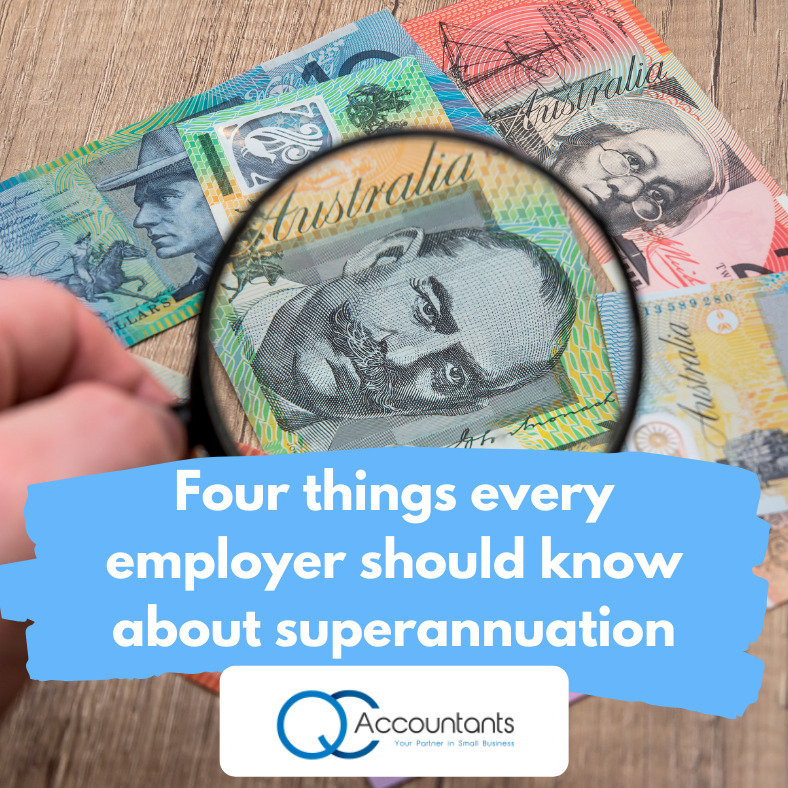If you are an employer, your superannuation is a huge part of the payroll process. Superannuation payments are often overlooked when cash flow gets tight or when internal processes aren’t in place to handle it. Super needs to be paid on time, every month. If not paid on time, you run the risk of encountering any or all of the four major consequences outlined below.
1. You will not receive income tax deductions
Superannuation is one of the easiest ways to save on tax. If superannuation is only one day overdue, it can no longer be claimed as a tax deduction. This means you’re paying more tax if it’s not paid on time.
If you don’t meet your legal obligation of paying superannuation on time then there could be tax implications which means you could end up paying up to 25% more. This can add up and become a potentially catastrophic burden on your business.
Income tax deductions often translate into tens of thousands of dollars for medium sized businesses, either spent or saved depending on whether or not you pay on time.
2. You are obligated to notify the ATO
In the event that your superannuation payments are late, you are responsible for filing a Superannuation Guarantee Charge Form (SGC) within 1 month of the payment due date.
The SGC is designed to give the ATO a detailed account of late payments, including relevant information such as the financial quarter, due date, due payment, employee, etc. This form can also include details of the payment if it is made between the due date and the date the form is submitted.
3. Extra Fees
When lodging an SGC form, it is your obligation as an employer to provide compensation for late payments. This process provides disincentives for late payments, as well as compensating employees for time their superannuation was not being invested.
Generally, the interest rate paid on late super payments is 10%, as well as a $20 fee per employee paid to the ATO per quarter of late payments. These fees and interest payments can quickly add up and failure to comply can result in personal liability and serious repercussions.
4. Personal liability
Failure to comply with the legal obligations you have as an employer when it comes to superannuation is a serious infraction in the eyes of the ATO, putting you in a bad position if your business practices are not up to scratch.
Director penalty notices are a legally binding responsibility, naming company directors and trustees personally liable for the superannuation owed to employees if payments are late or SGC forms are not lodged in time.
If your business is at the stage of receiving director penalty notices from the ATO, there are some very serious issues that need to be addressed. These notices are a major sign of malcompliance, and failure to acknowledge and respond appropriately to these notices is an invitation for the ATO to come down on your business with force.
Conclusion
When it comes to superannuation, it pays to have good business practices in place, and a thorough understanding of your obligations as an employer. Knowing what happens if you don’t pay super to your employees on time is a good place to start.
Inability to keep up with your superannuation obligations is a slippery path that can quickly lead your business into unfavourable territory. If you’re having trouble keeping up with superannuation payments, now is the time to have a look at your business practices. The team at QC Accountants are superannuation experts who are here to help your business thrive. Get in touch for help and advice towards getting your superannuation payments on track.








